Rajshahi, Sept 5 (V7N) – In the remote villages of Charghat Upazila in Rajshahi, a growing number of unlicensed pharmacies and self-proclaimed rural doctors are putting public health at serious risk. Former artisans, laborers, and shopkeepers are rapidly entering the informal healthcare market, offering unverified medical treatment and selling unauthorized medicines — often with dangerous consequences.
One recent case involves Afroza Begum, a diabetic and hypertension patient from Pirojpur village. After experiencing dizziness, she consulted Momin Ali, a man recently known in the area as a “rural doctor.” Once a bamboo craftsman, Momin now carries a medical bag from village to village, checking blood pressure and prescribing various medicines. He diagnosed Afroza with high blood pressure and sold her several medications, including a so-called vitamin supplement called “Amloki,” a low-grade herbal product he priced at Tk 350, though it costs only Tk 50 wholesale.
Two days after taking the medication, Afroza’s condition deteriorated. Her blood sugar spiked, and she was hospitalized for six days. Locals allege Momin has no medical qualifications and entered the business just three months ago after completing a one-month informal training course.
This is not an isolated incident. Across Charghat, dozens of individuals with no medical background — including former masons, storekeepers, and even unemployed youths — have opened unauthorized pharmacies and begun offering treatment. Without any official medical license, they prescribe antibiotics, expired drugs, and unregistered herbal supplements. Some even deliver controlled substances like cough syrup and Tapentadol tablets to addicts' homes.
According to the Rajshahi Drug Administration, there are 4,100 licensed pharmacies in the district, of which 217 are in Charghat. However, the local Drug Chemists and Druggists Association estimates that over 457 unlicensed pharmacies operate in Charghat alone, many out of homes, roadside stalls, and village markets — selling medicine without a prescription and ignoring government health regulations.
Khairul Islam, a resident of Nimpura village, shared that his seven-year-old son was treated by a rural practitioner named Robiul Islam for fever. He was prescribed antibiotics and herbal vitamins, but later diagnosed with dengue at Rajshahi Medical College Hospital. “If we had listened to that village doctor, my son might not have survived,” he said.
Robiul Islam defended himself, stating he does not claim to be a certified doctor but treats patients based on experience. Similar sentiments were echoed by other rural practitioners, who admitted to selling high-profit, low-quality medicines sourced from local wholesalers.
Santosh Kumar Sentu, General Secretary of the Upazila Chemists’ Association, said unlicensed pharmacies are hurting both public health and legitimate pharmacy businesses. “They buy cheap, unbranded medicine for Tk 30–50 and sell it for Tk 350–400, exploiting uneducated villagers,” he said, blaming weak regulatory enforcement in rural areas.
Concerns also include the smuggling and sale of Indian narcotic tablets disguised as medication. Anjuman Ara Moyna, Vice President of the Upazila Anti-Corruption Committee, alleged that pharmacies in border villages are involved in distributing addictive substances under the cover of medical treatment. She warned that vendors are incentivized to sell fake or low-quality medicines due to higher commissions.
On June 26, a college student named Rabbi Islam was arrested with Tapentadol tablets at his home in Miyapur. After his release from jail, he admitted that several local pharmacies delivered such drugs directly to his residence.
Officials are aware of the growing problem. Saiful Alam, inspector at the Department of Narcotics Control (Rajshahi Circle-B), confirmed that they have recovered restricted drugs during recent raids in Charghat. Md. Shariful Islam, Drug Superintendent of Rajshahi, said unlicensed pharmacies are operating illegally and that enforcement actions are ongoing.
Upazila Health and Family Planning Officer Dr. Toufiq Reza added that awareness programs are being conducted to discourage villagers from seeking treatment from unauthorized providers. “People must understand the risk of falling for fraudulent healthcare. We encourage formal complaints so we can coordinate with local authorities to take legal action,” he said.
END/MRA/SMA/



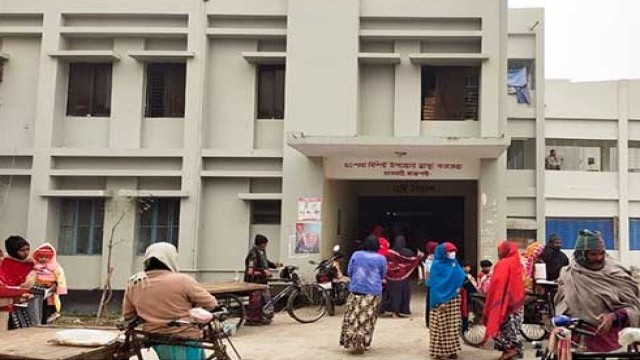
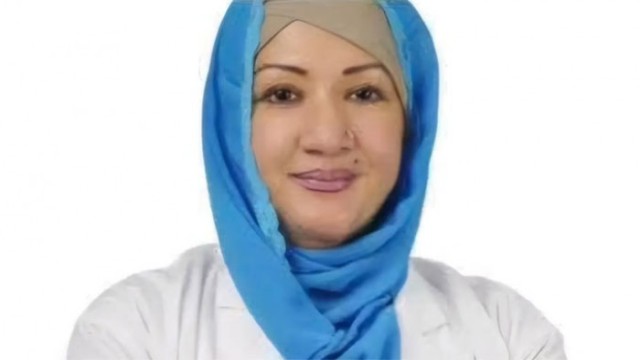
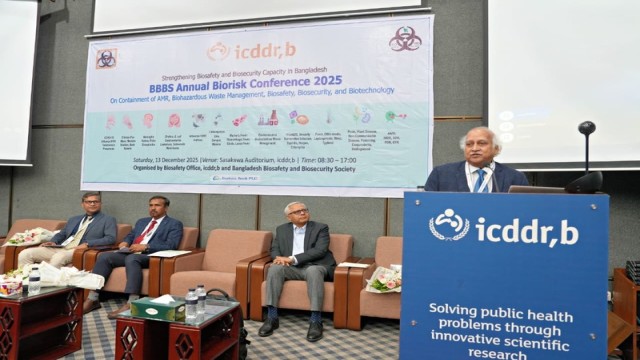
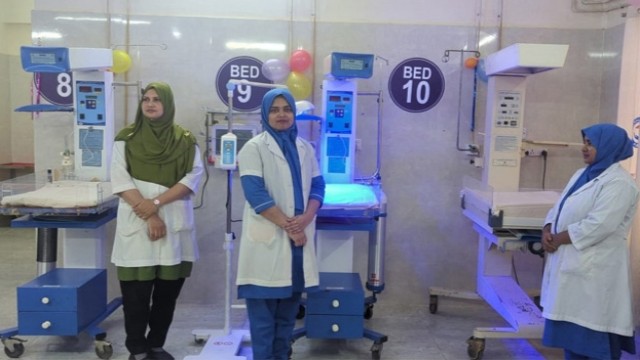
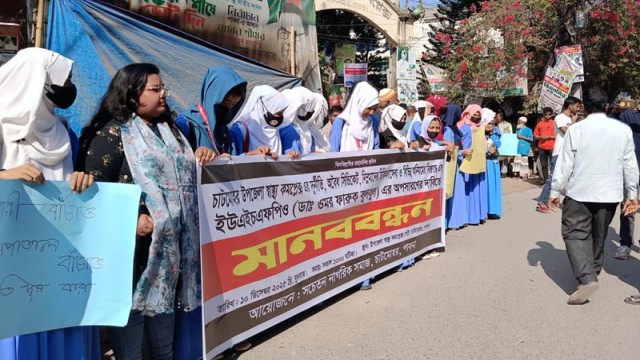
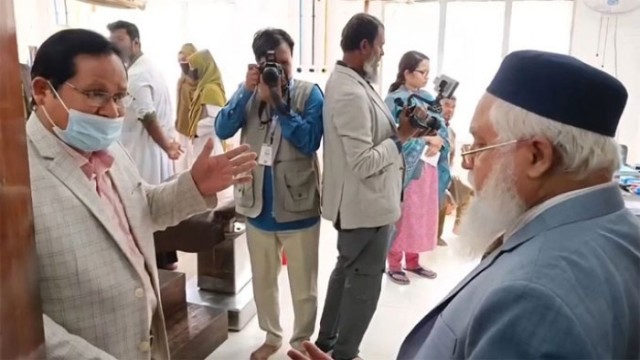
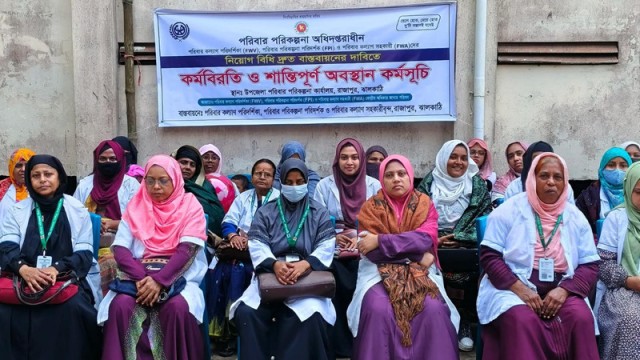
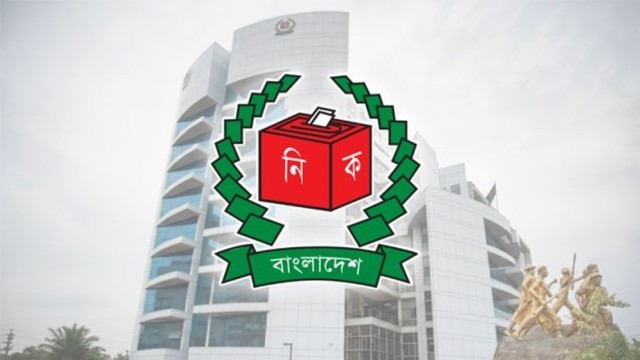

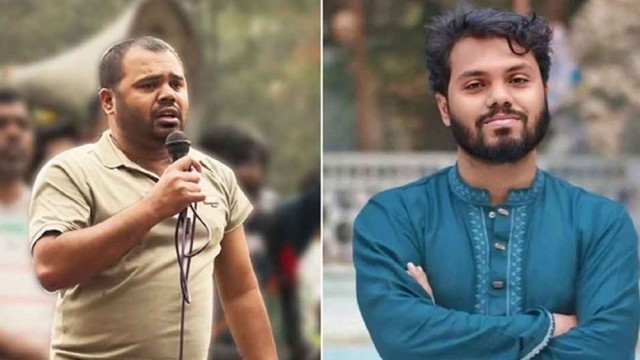
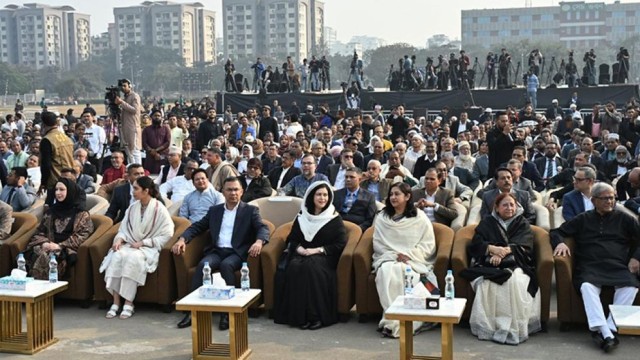

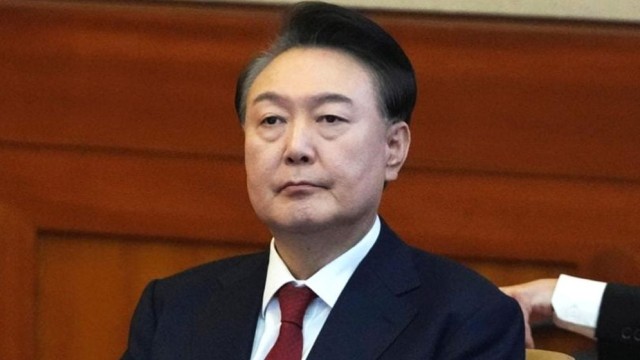

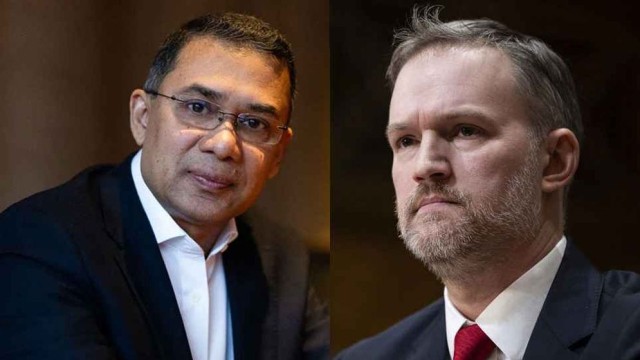
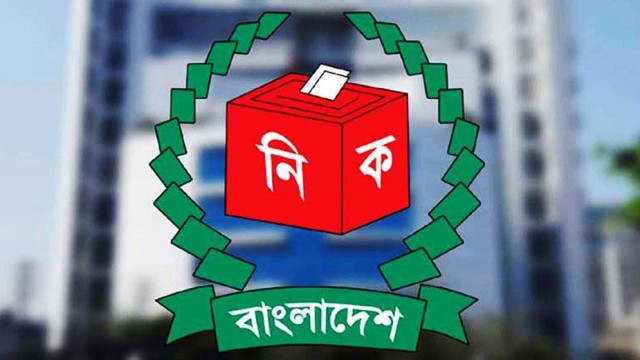



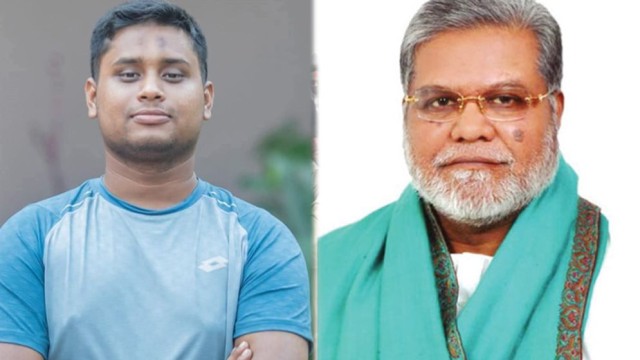


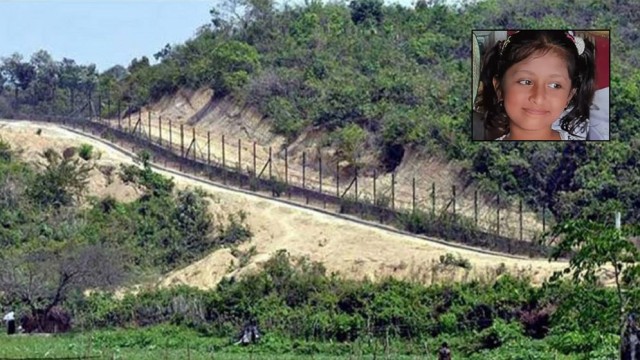

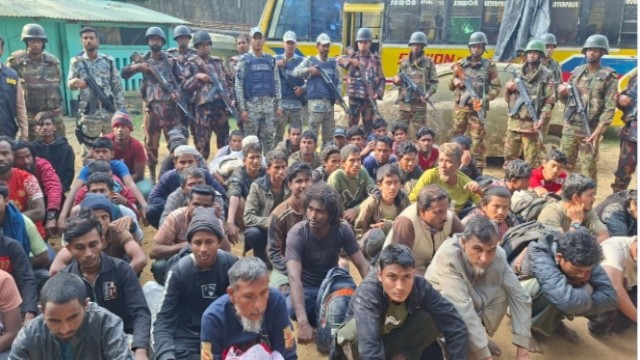
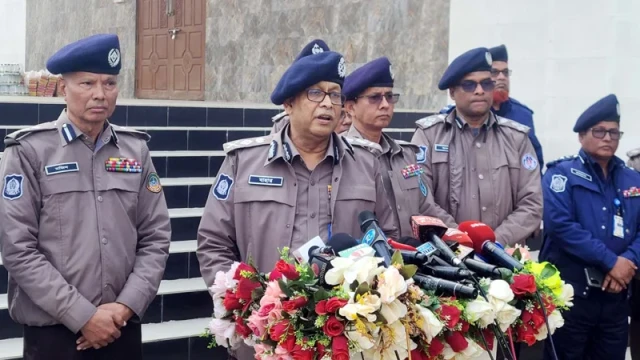
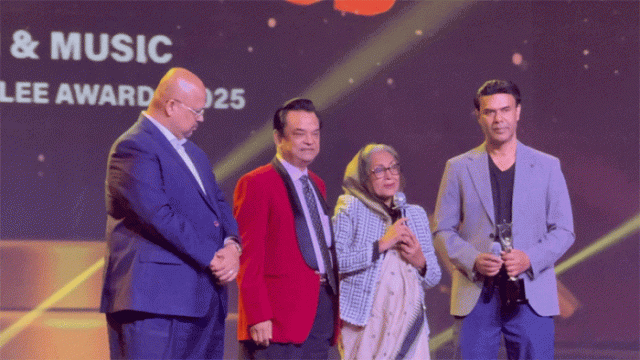
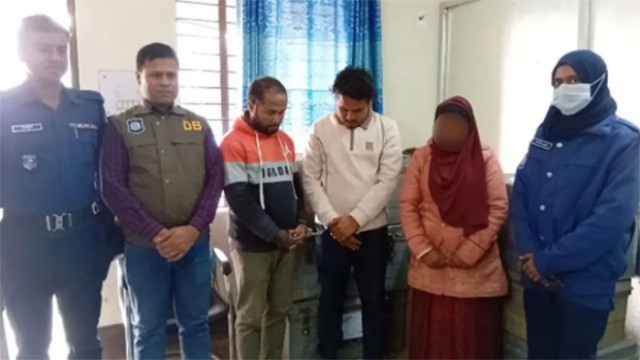
Comment: